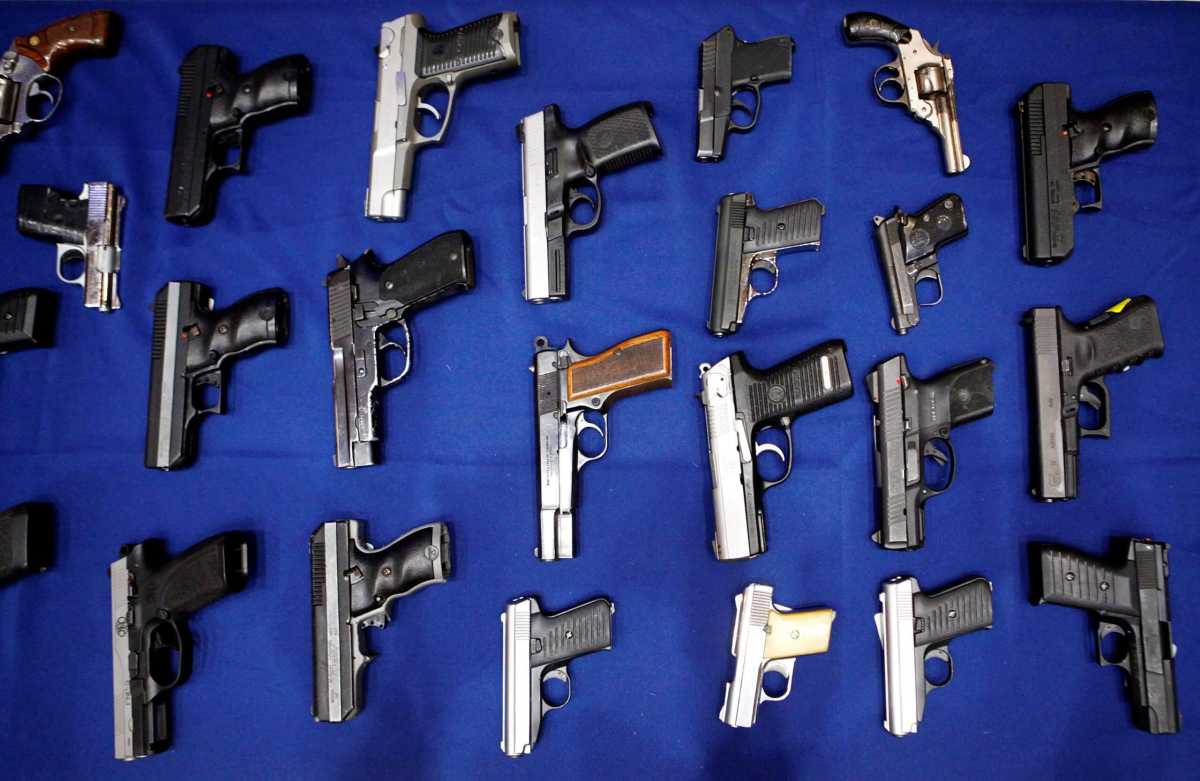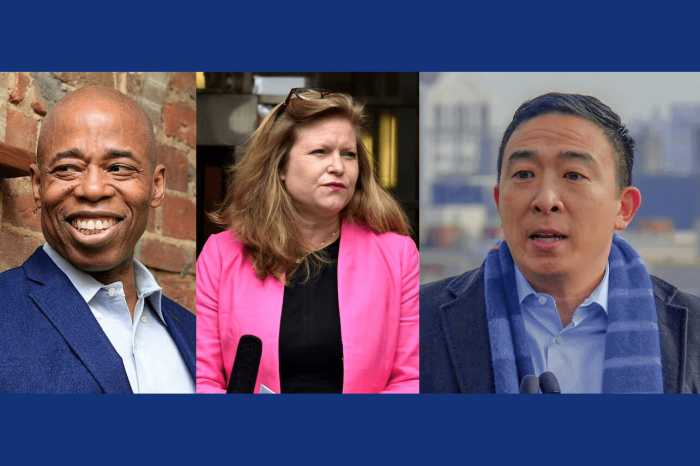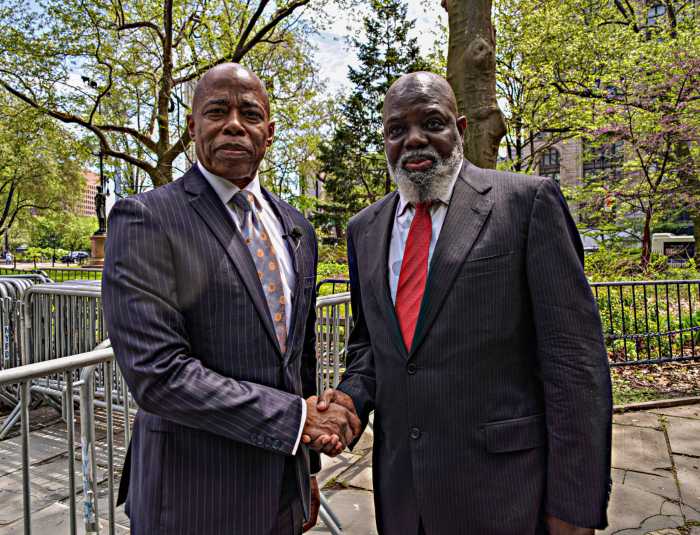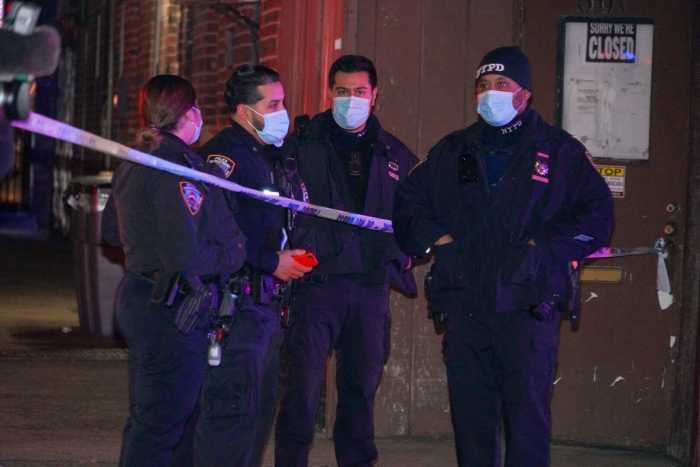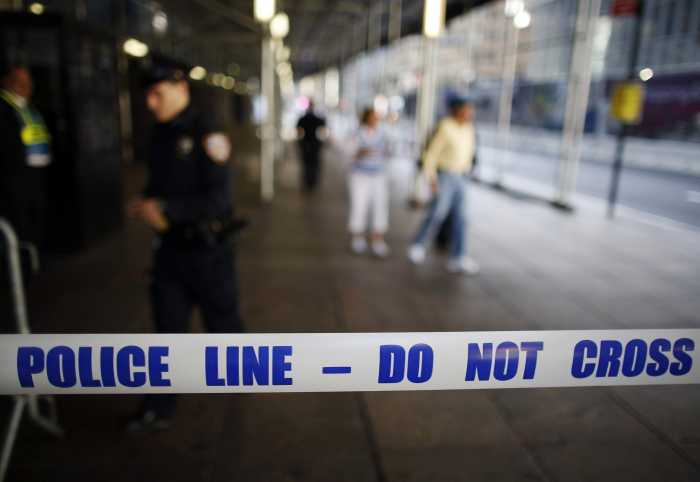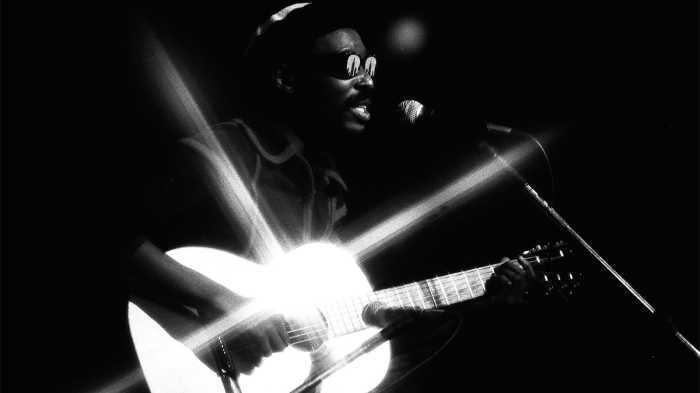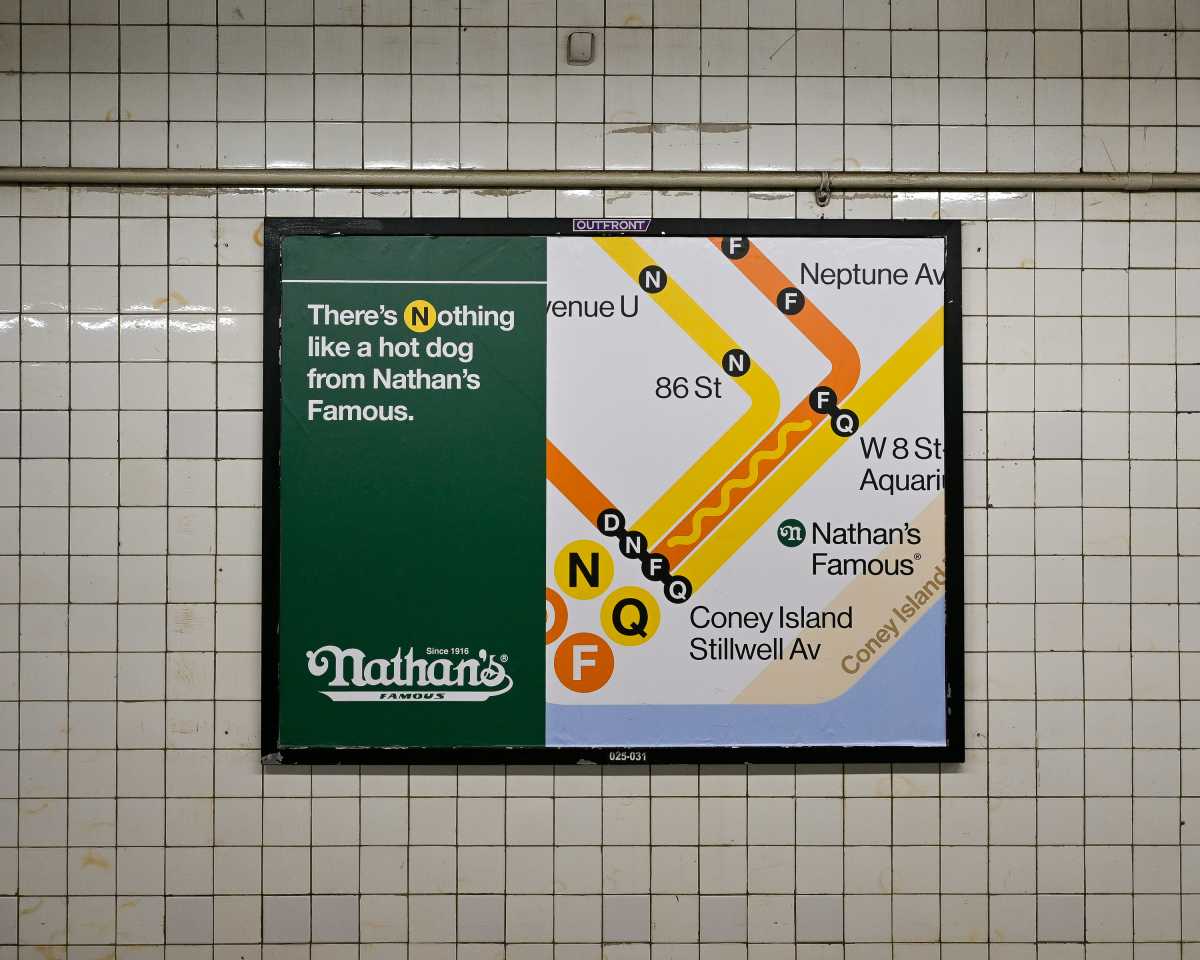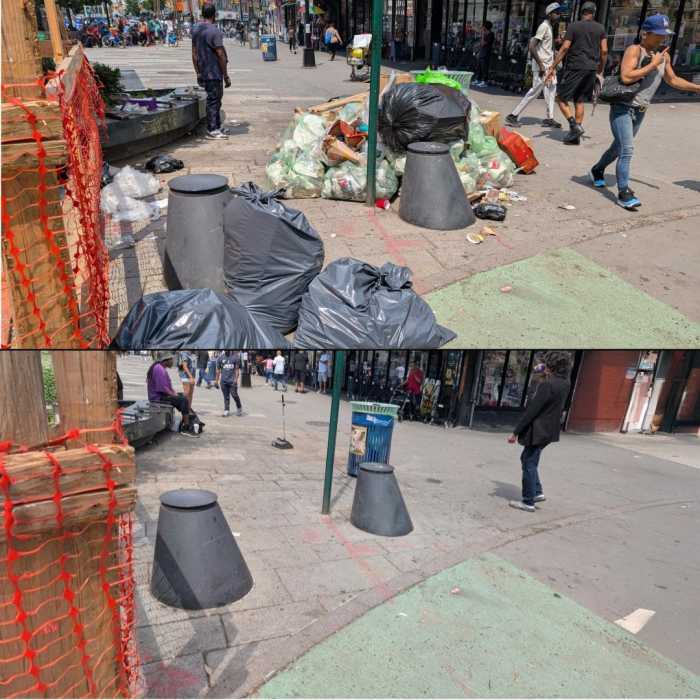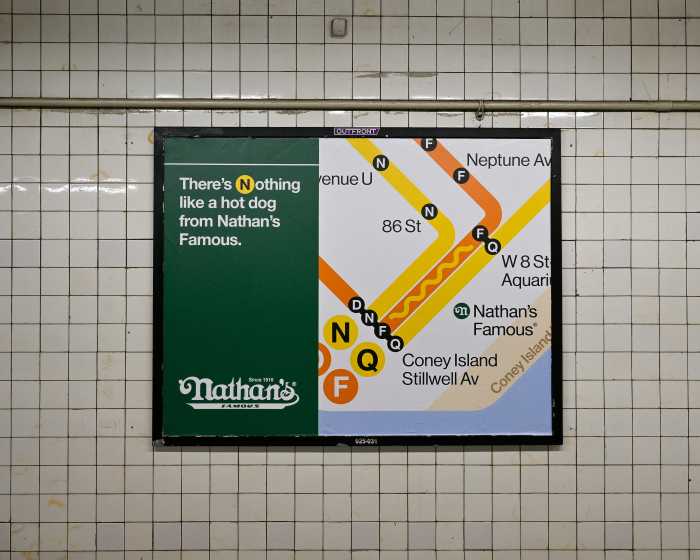Just one year ago, people, communities, and organizations like the Community Church of New York, took to the streets to demand a more just, equal, empathetic society, in the Black Lives Matter protests sparked by the police murder of George Floyd in Minneapolis.
At that time, local government in New York largely encouraged people to lift their voices, while the politics of Washington acted to support an aggressive response. It seemed there had been a fundamental shift in the political landscape—at least rhetorically—with a new focus not on the enforcement of law and order, but instead on peace and justice.
Now this vision is being tested. During last year’s pandemic, and so far this year, there has been a disturbing sharp year-on-year rise in shootings, back to levels not seen since the early 2000s, with increases seen not just in New York, but in other cities across the state.
The conservative response from the law-and-order team has been predictable. The head of the NYPD, Dermot Shea, claimed this month the increase was related to the easing of New York’s punitive bail regulations at the start of 2020—a claim that even the conservative New York Post dismissed as bunkum. More broadly, the right is calling for more police on the streets, and some for the return of the intensive policing of communities of color that are most at risk—risking further deterioration in relations between the police and affected communities.
Governor Andrew Cuomo’s announcement of a $138 million ‘gun emergency’ package, announced earlier this month, was dismissed by his critics as an attempt to distract public attention from his political problems in Albany.
But it included a far more constructive approach than the classic call for more police on the streets—such as funding for summer youth employment schemes that keep young people safe, acknowledging the “destabilizing impact” of disruptions to school and work caused by the pandemic.
There are other positive moves too. Our City Council just approved $112 million in next year’s budget to fund the extension of a pilot program to respond to 911 calls for mental health crises with social workers instead of armed police—an approach that appears to be reducing unnecessary hospitalizations, while increasing the percentage of people who accept help when offered.
Anyone who has seen four or five police officers facing off against a mentally disturbed person on the streets of the city must recognize the value of a different approach—one that takes away a burden that police officers seem clearly ill-equipped to deal with, and that focuses on de-escalation and calming.
But will this search for constructive reform continue? And what will Eric Adams do when he takes over as mayor in January? There will be an enormous political temptation for him, a former policeman, to make a high profile move to step up more aggressive policing, to be seen to be doing something in response to this anxiety.
It will be our responsibility as citizens to do what we can to keep attention centered and focused on the necessary reforms to make our whole city more just. Guns are a symptom of the underlying violence of social failure—we must commit ourselves to more thoughtful reforms.
What still stands are fractured, distrustful sentiments between members of the community and those in law enforcement. We must shift attitudes in the police so that its members see themselves as servants and defenders of our communities, not the enforcers and punishers.
We must continue to speak for those who cannot speak for themselves and who deserve justice. The memories of those lost to gun violence, to police brutality, to systemic injustice, all count on those who are living, for those who have power and a voice to speak-up.
Our communities must come together to overcome all forms of adversity and make noise when necessary. A world free from gun violence is possible when we change our collective perspective. Which is why we were all marching last summer.
Peggy Clarke is the Senior Minister at the Community Church of New York



